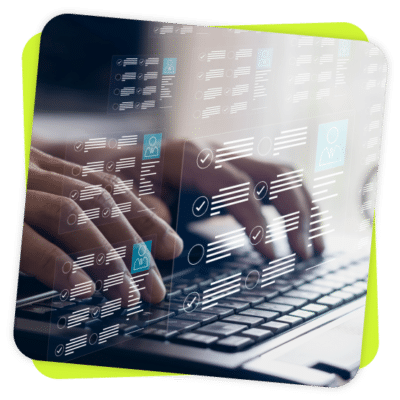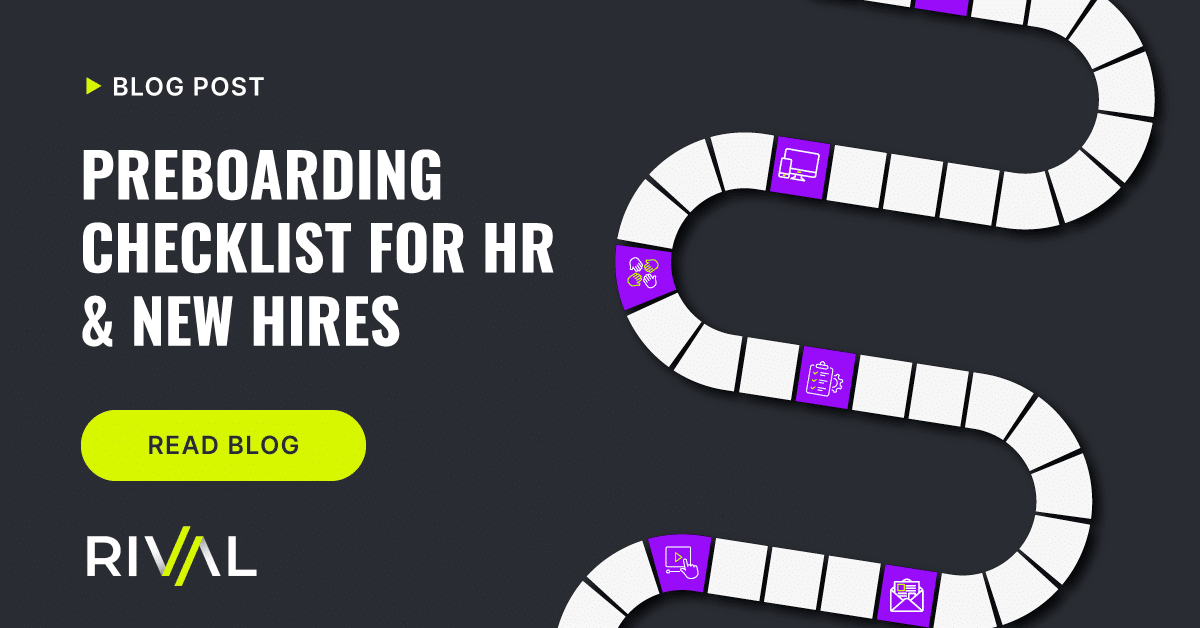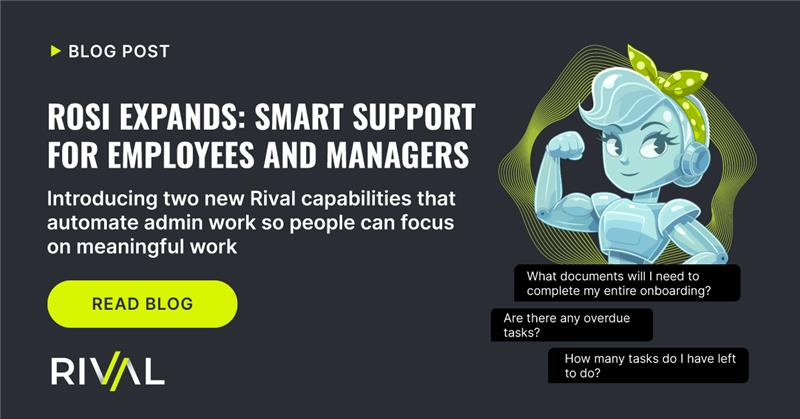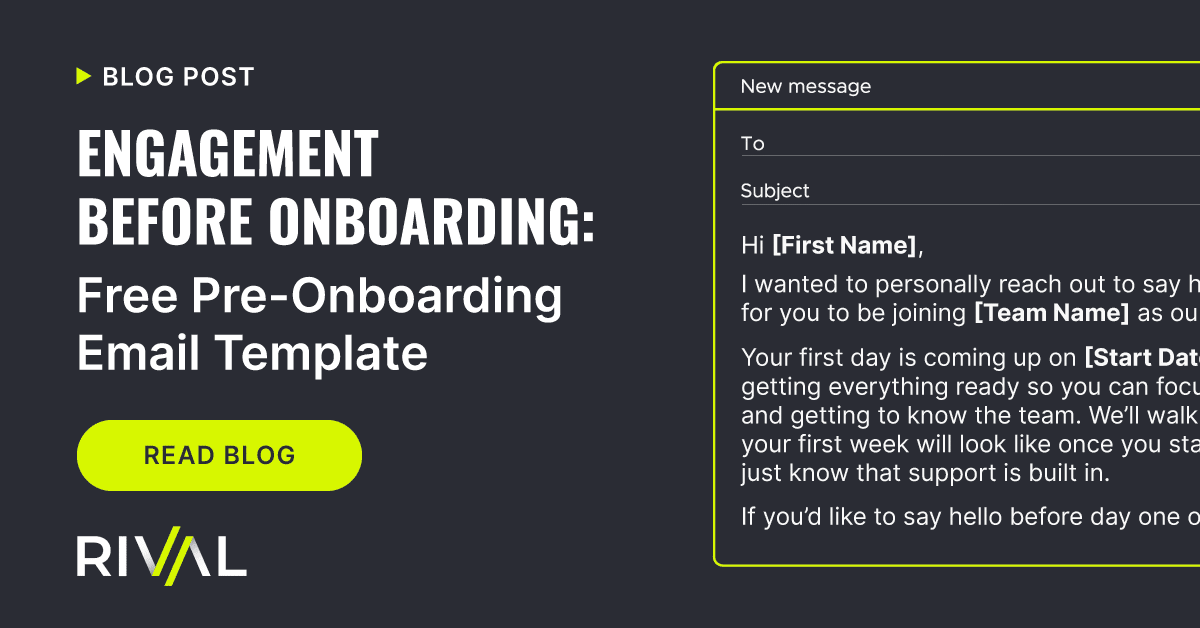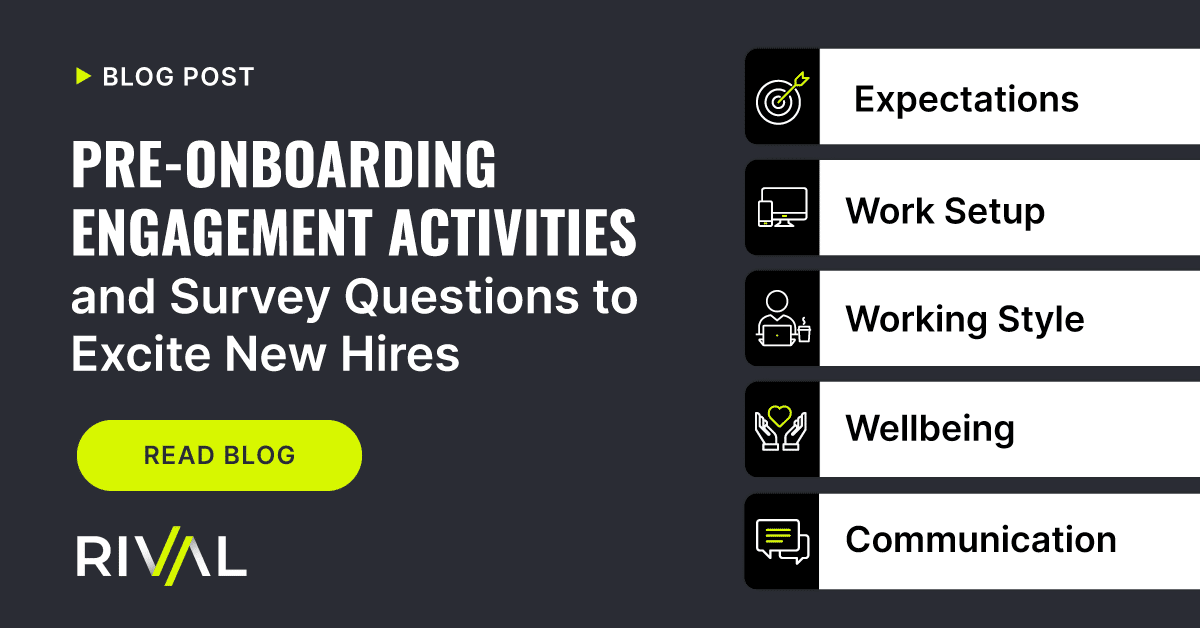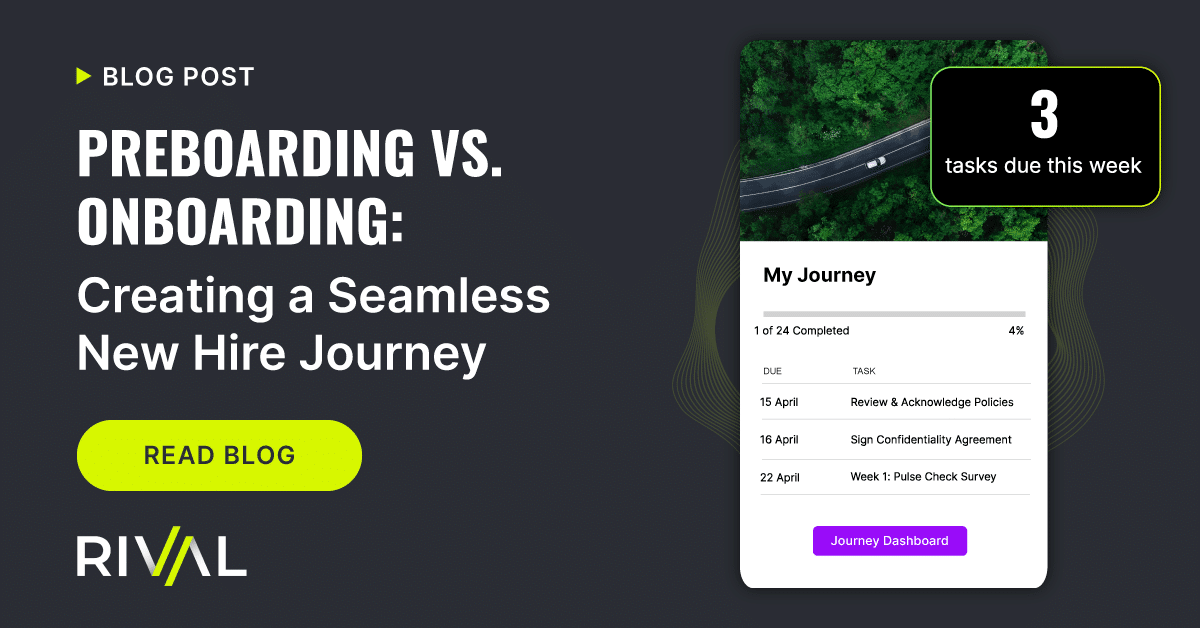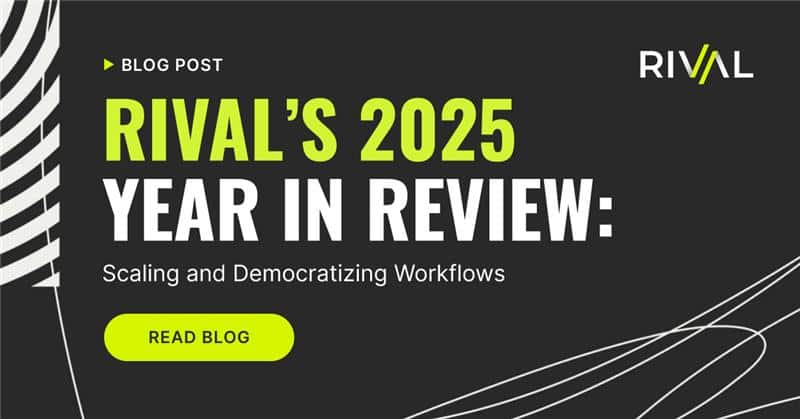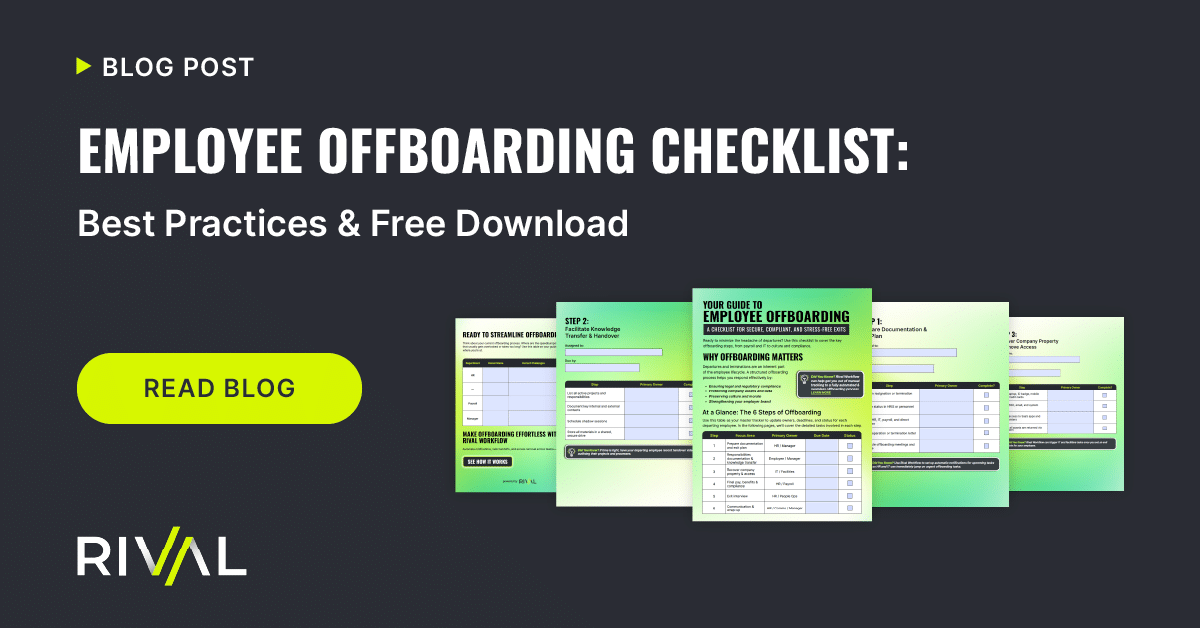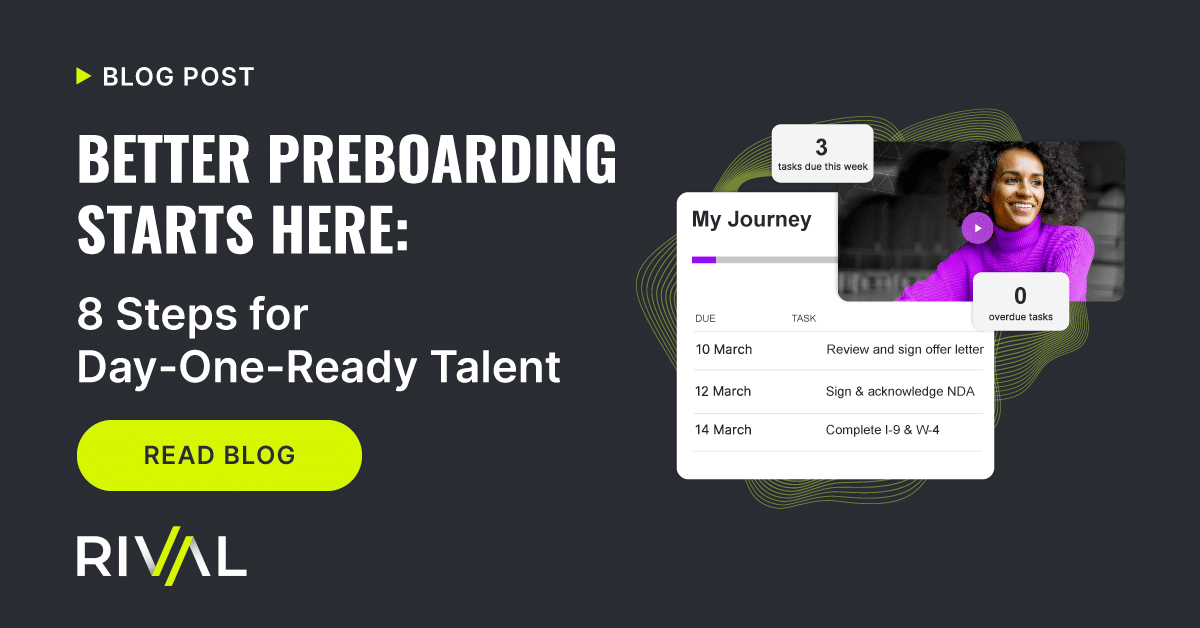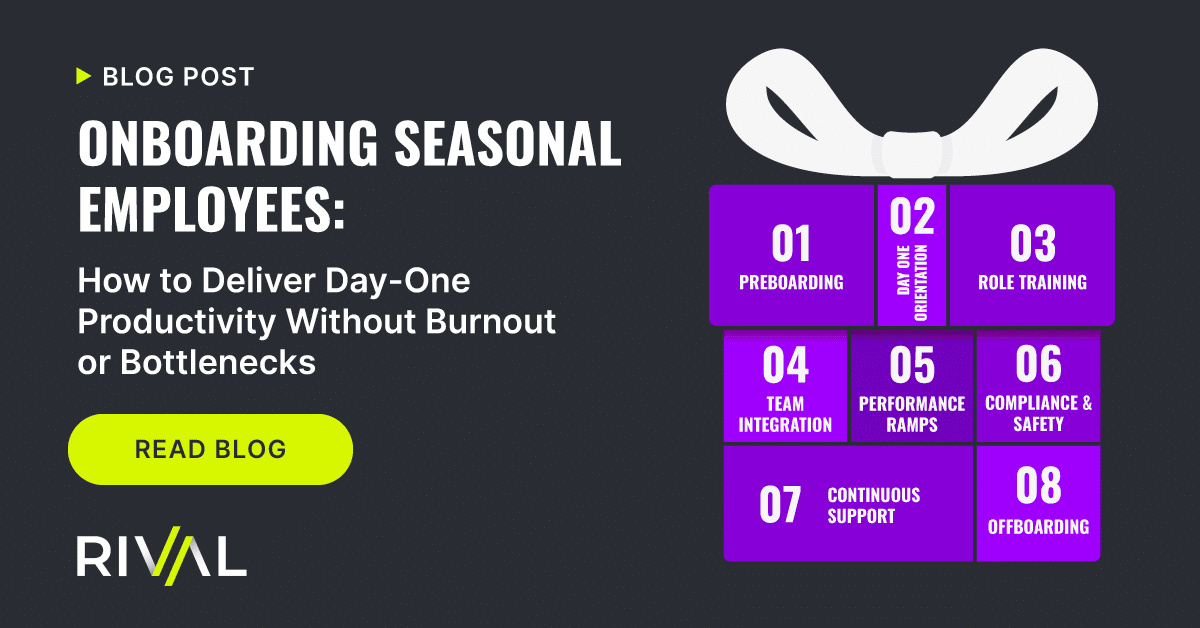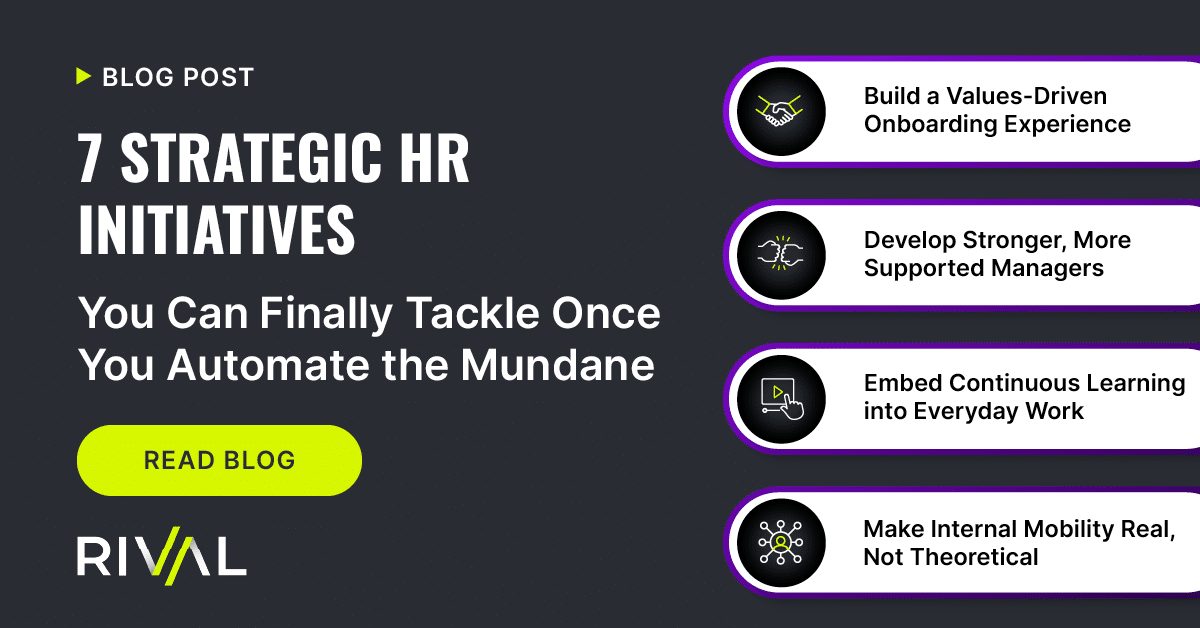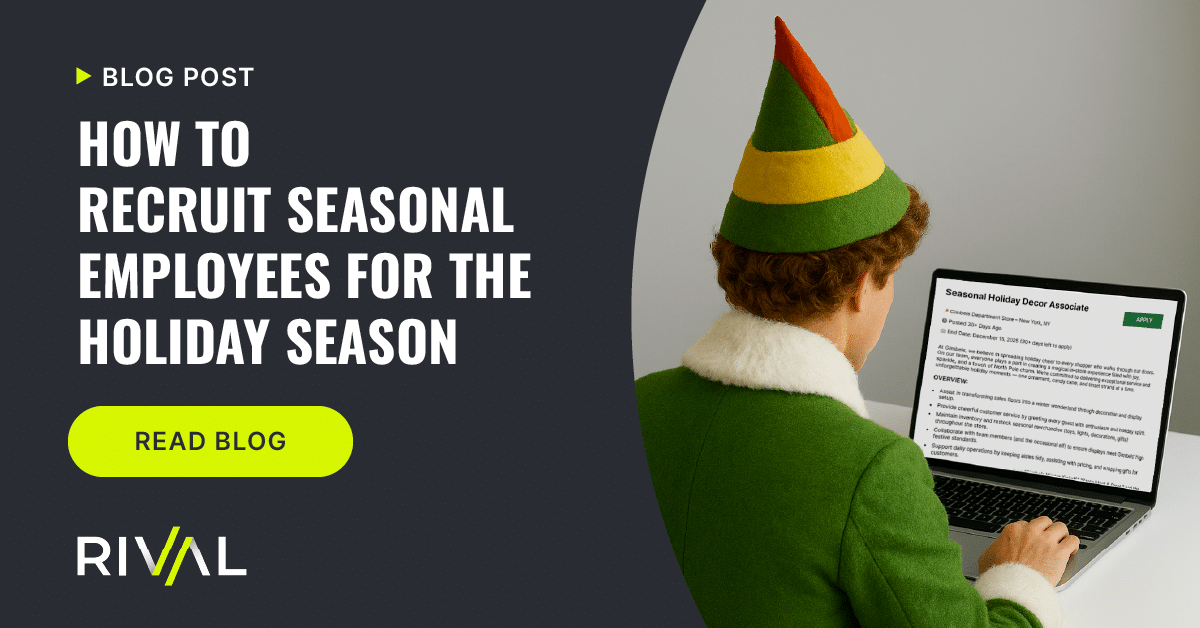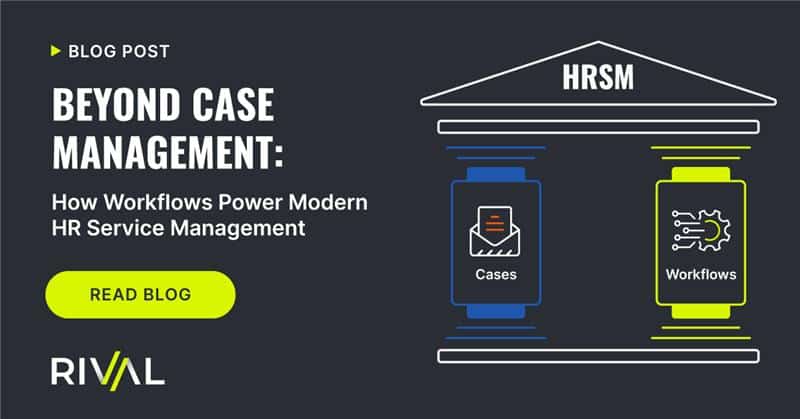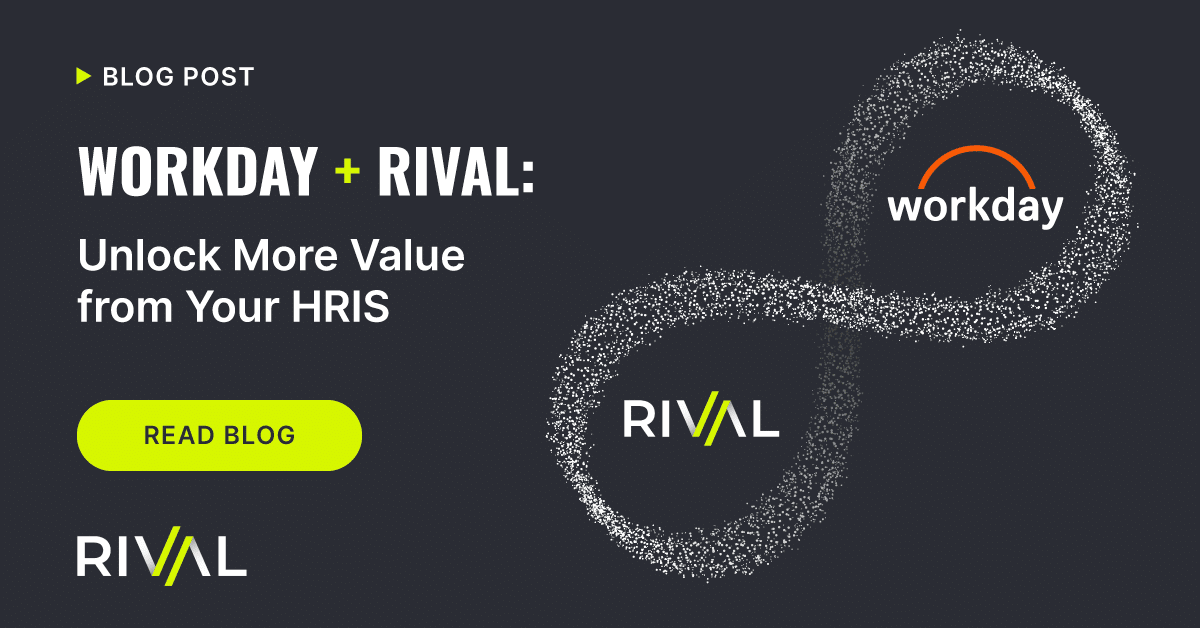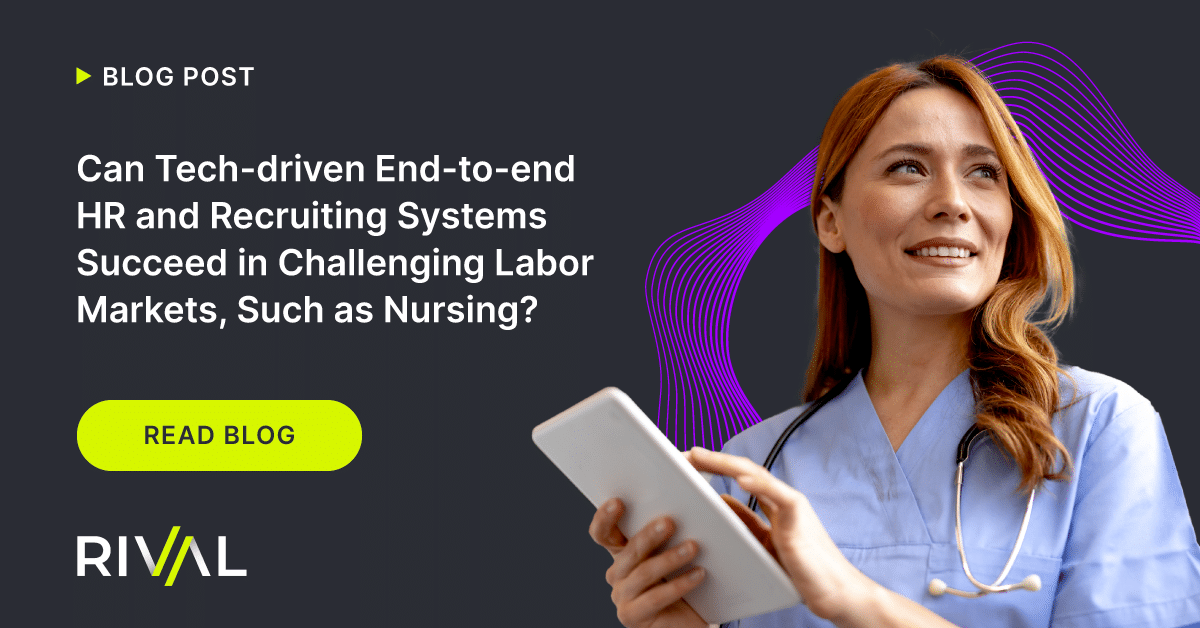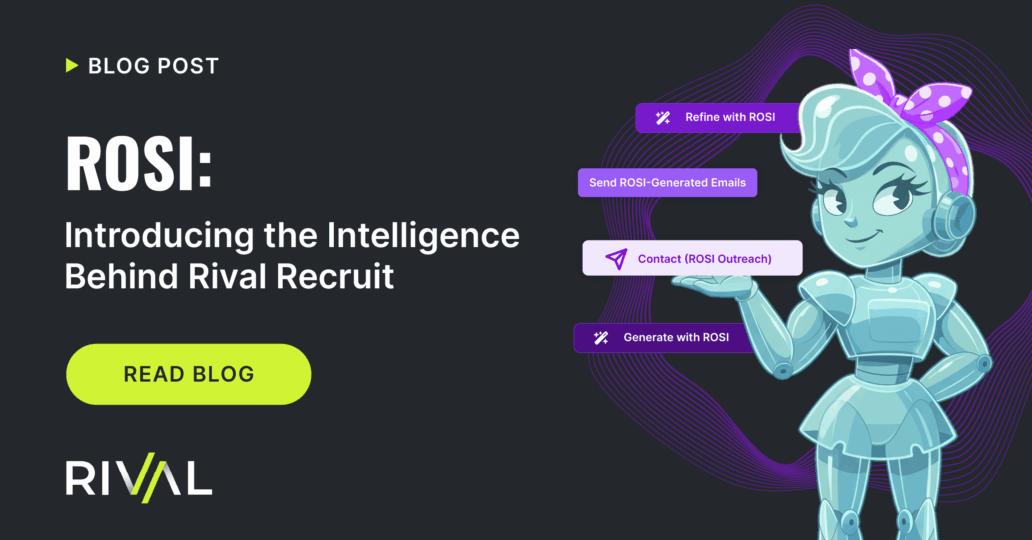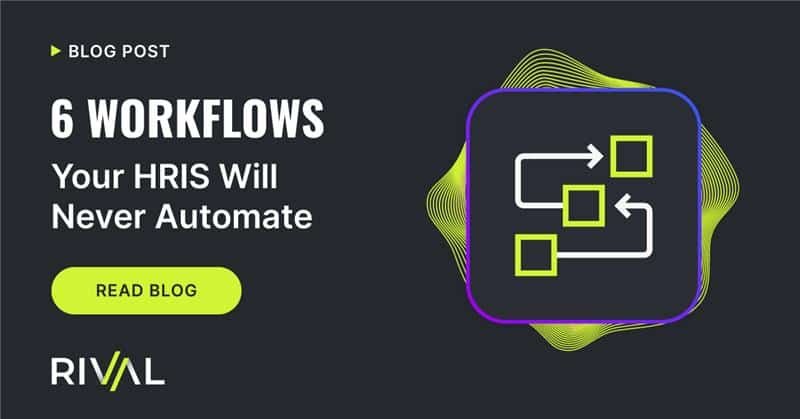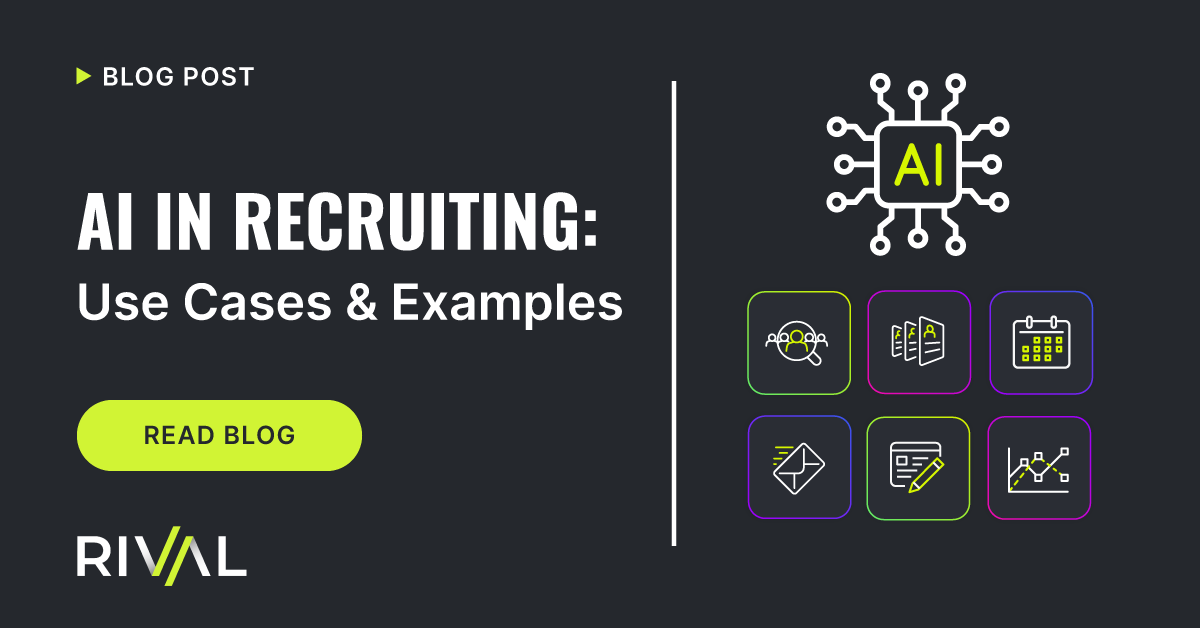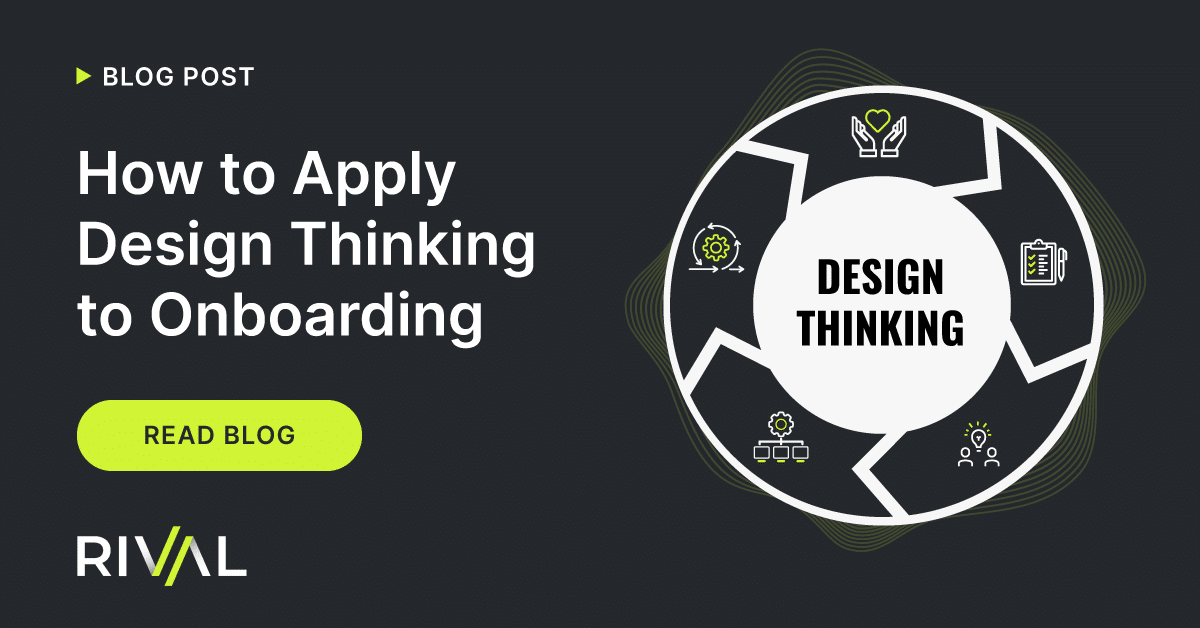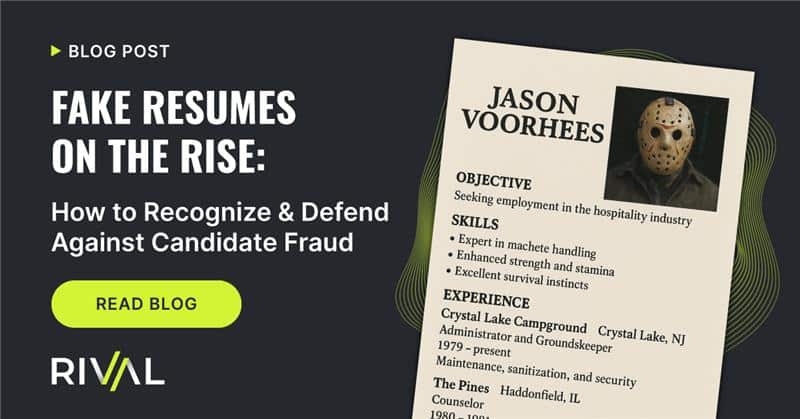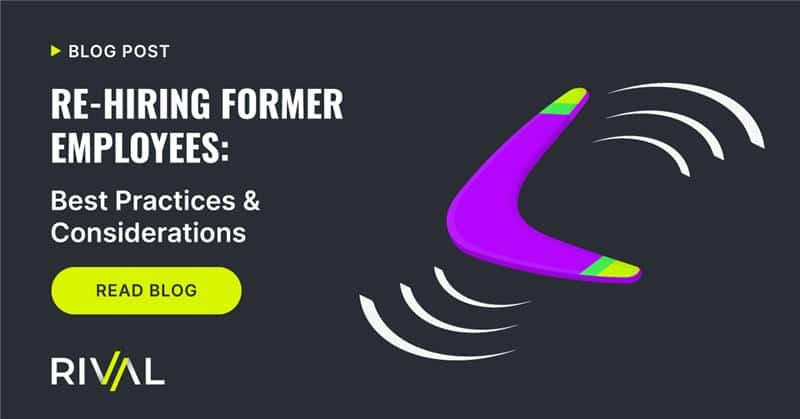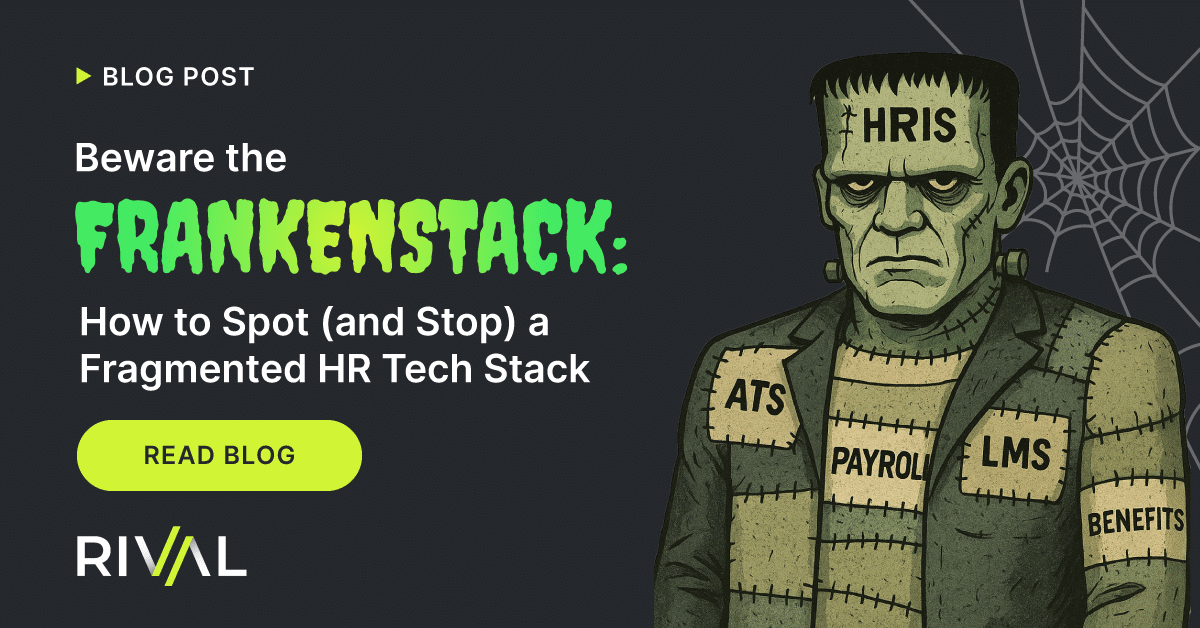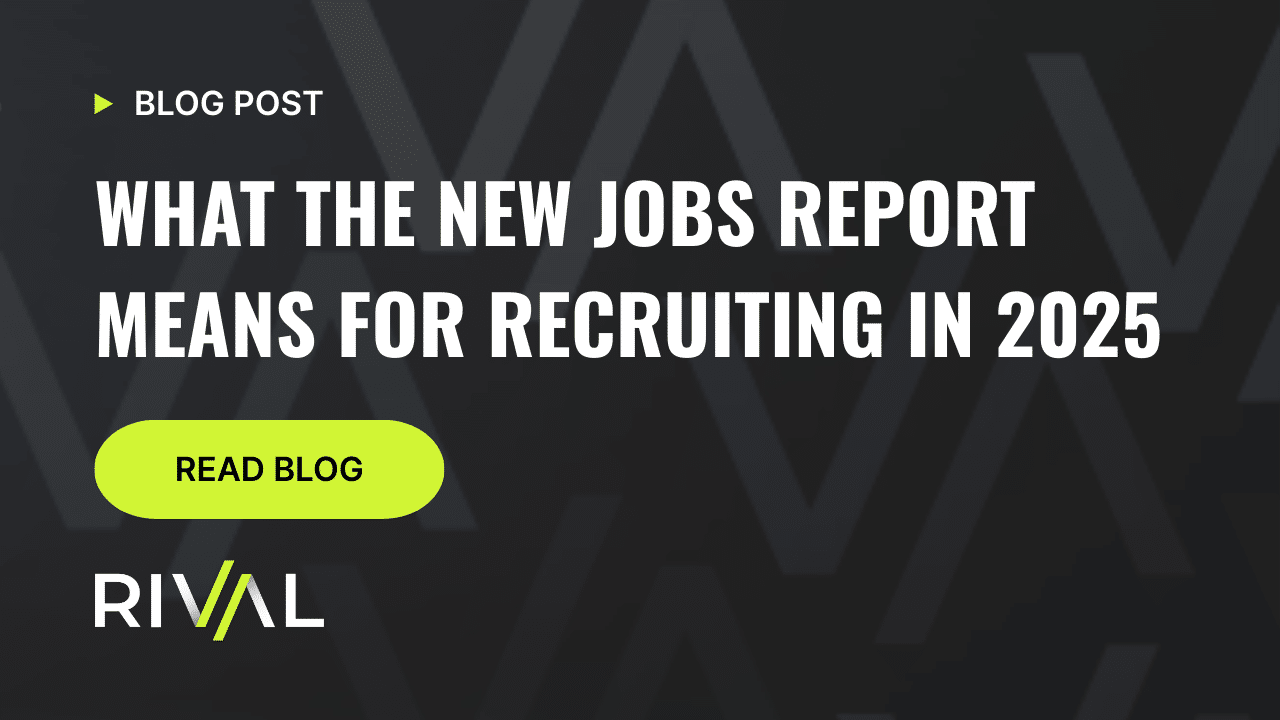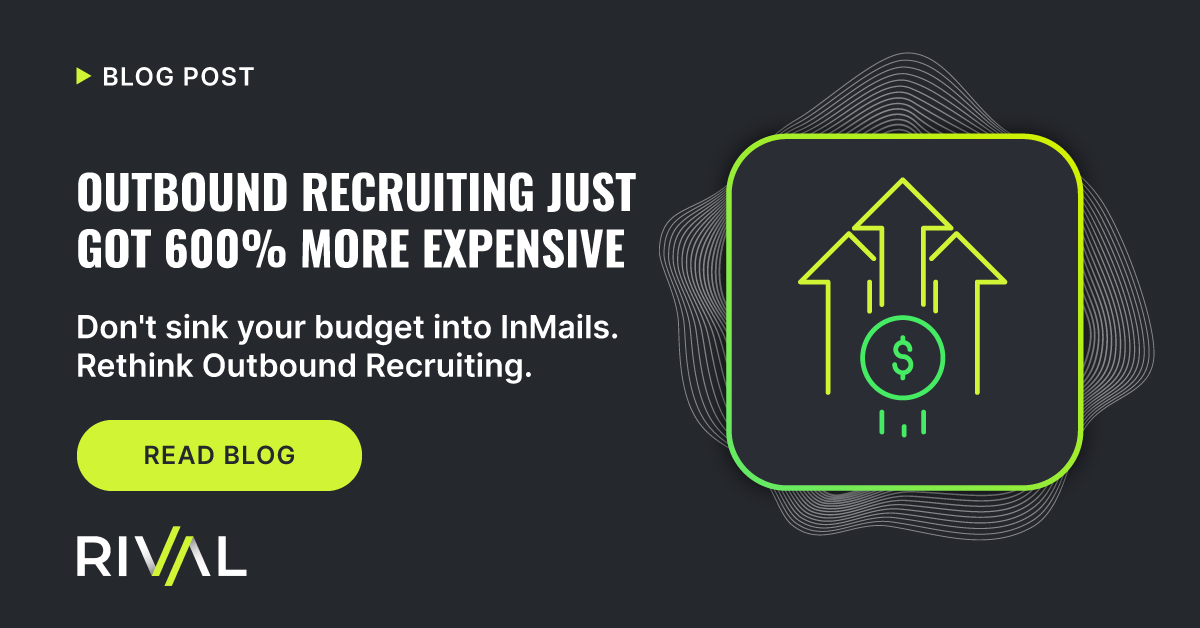FEATURED ARTICLE
Your Preboarding Checklist for HR and New Hires
Preboarding should start the moment the offer is signed, not the day your new hire shows up at the door. Having a clear checklist (ideally automated) will help reduce errors, save time, and make sure your new hires arrive on Day 1 confident instead of confused. Copy this preboarding checklist for HR and new hires to ensure a smooth start before day one.
FILTER BY
CATEGORY
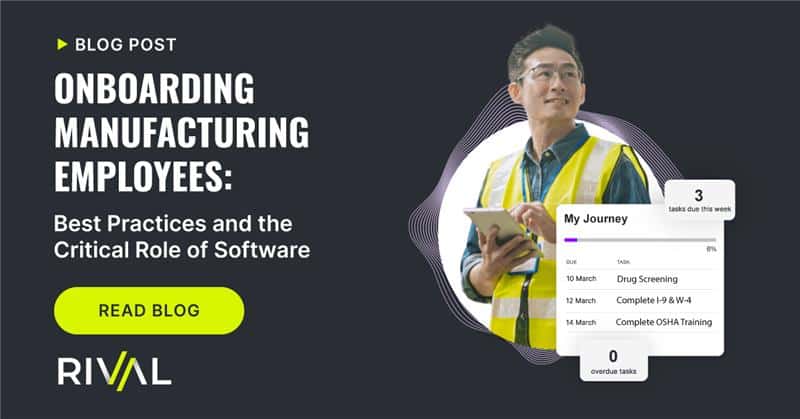 Onboarding
OnboardingOnboarding Manufacturing Employees: Best Practices and the Critical Role of Software
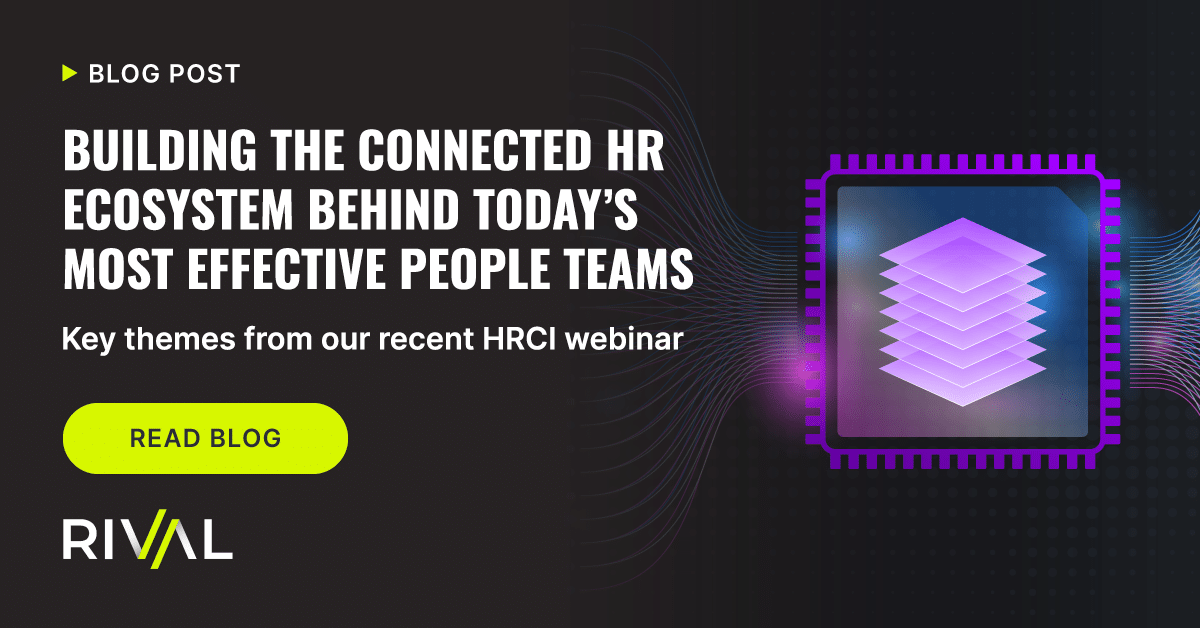 Employee Experience | General HR
Employee Experience | General HRWebinar Recap: Building the Connected HR Ecosystem Behind Today’s Most Effective People Teams
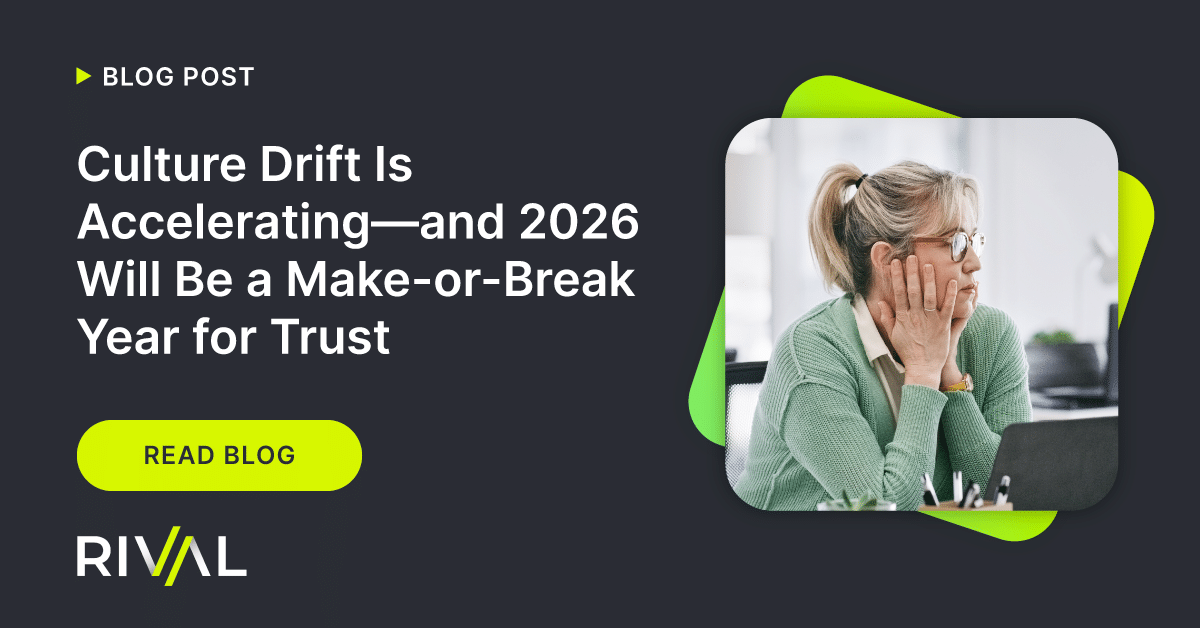 General HR | HR Workflow
General HR | HR WorkflowCulture Drift Is Accelerating—and 2026 Will Be a Make-or-Break Year for Trust
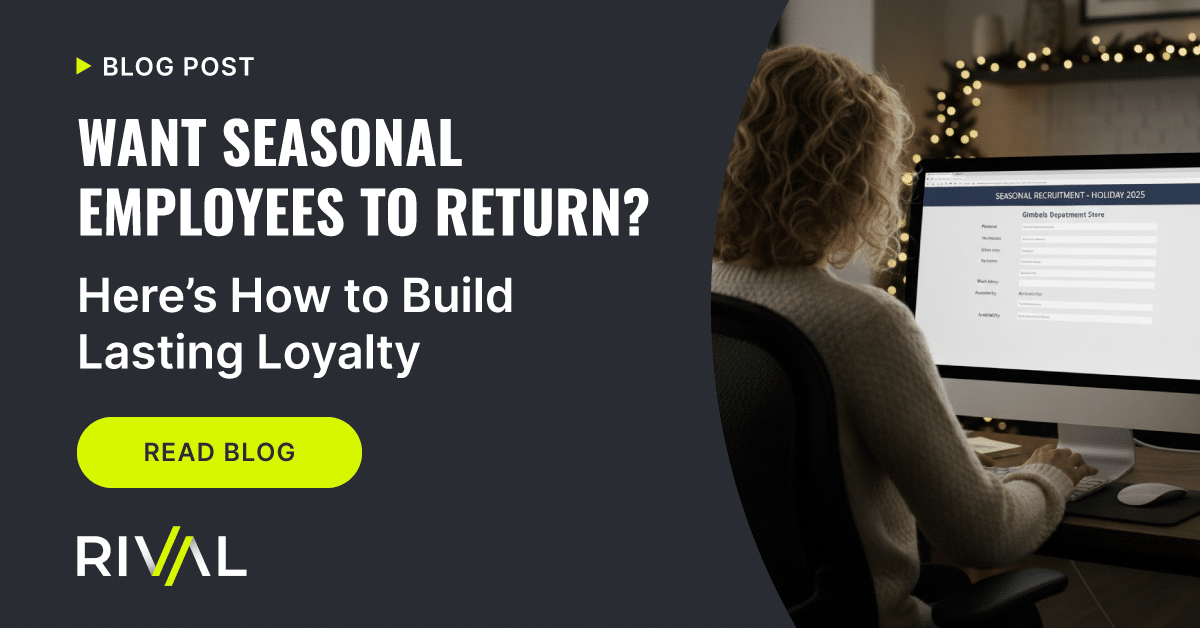 HR Workflow | Offboarding
HR Workflow | OffboardingWant Seasonal Employees to Return? Here’s How to Build Lasting Loyalty
- Onboarding
Onboarding Seasonal Employees: How to Deliver Day-One Productivity Without Burnout or Bottlenecks
- General HR | HR Workflow
7 Strategic HR Initiatives You Can Finally Tackle Once You Automate the Mundane
- Employee Experience | HR Workflow
Beyond Case Management: How Workflows Can Power Modern HR Service Management
- HR Technology | HR Workflow
UKG + Rival: Turn Workforce Management into a Full Employee Experience
- Talent Acquisition
Tech to the Rescue: How Automation is Slashing Attrition and Transforming Healthcare HR
- Talent Acquisition
Fake Resumes on the Rise: How to Recognize & Defend Against Candidate Fraud
Talk to an expert
Rival goes beyond traditional talent management to help our clients find, launch, and develop the best talent for their business
